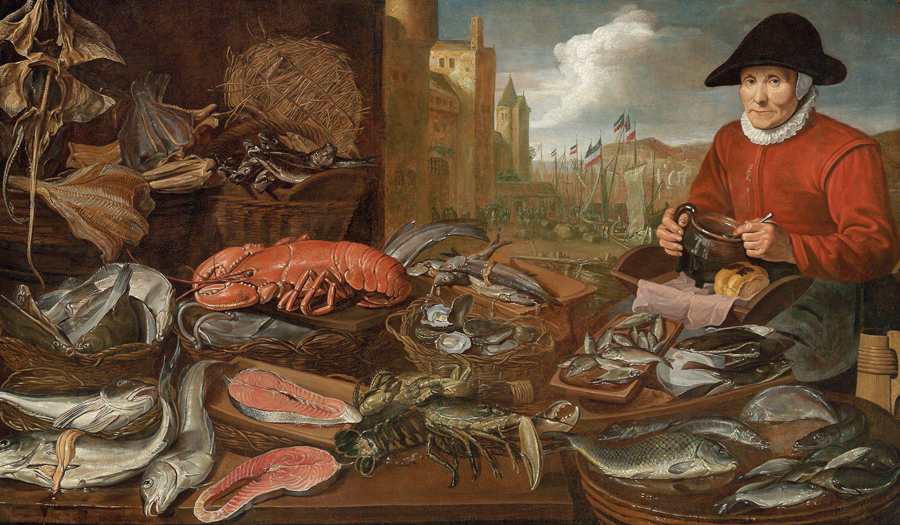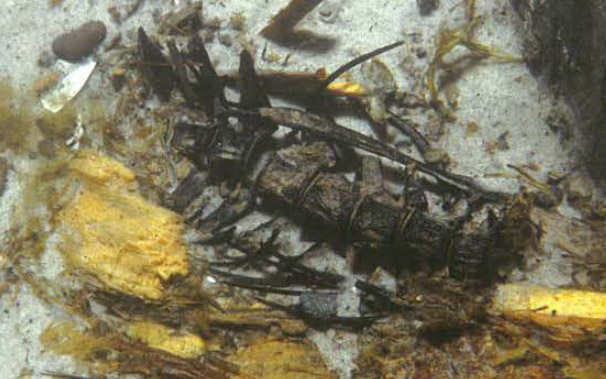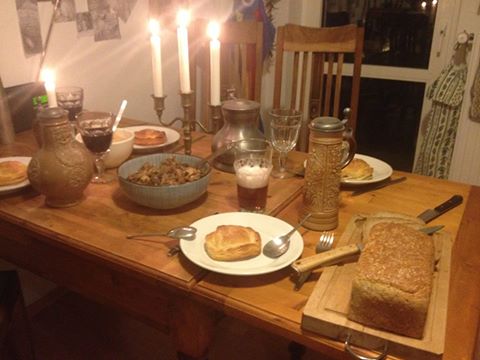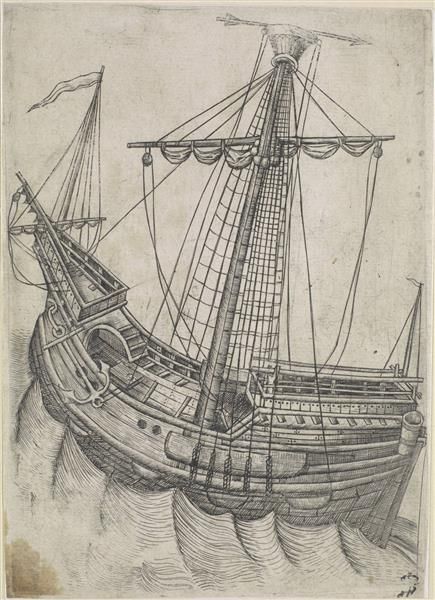berger, yslander, und hidlander vysch
Hans Christian Küchelmann, 27 November 2025

„berger, yslander, und hidlander vysch“. Zum hansischen Stockfischhandel
9th December 2025
Presentation by Hans Christian Küchelmann
within the lecture series „Handel, Geld und Politik“ (Trade, Money and Politics) of the
Hansemuseum Lübeck
Posted in: Announcements, General
twebackenbrot, Pökelfleisch und geschraubete Rodtschaer
Hans Christian Küchelmann, 14 November 2025

“twebackenbrot, Pökelfleisch und geschraubete Rodtschaer. Archäozoologische und historische Quellen zum Proviant auf Hanseschiffen”
Presentation of Hans Christian Küchelmann at the
Conference „Food Studies – Quo vadis? Interdisziplinäre Potenziale zur Erforschung einer Ernährungsgeschichte des Mittelalters“
13th to 14th of November 2025 at the University of Erfurt
Posted in: Announcements, General
Stockfish in Bavaria • Recipes
Hans Christian Küchelmann, 12 April 2025

Andreas Pehl, journalist from Bavaria researched traces of stockfish consumption traditions in Bavaria and created two radio podcasts. Part two is concerned with the recipes in medieval and early modern cookbooks and has been broadcasted on the 12th of April 2025 by the Bavarian radio station Bayerischer Rundfunk (Bayern 2) in the series “Zeit für Bayern“:
Kabeljau im Freistaat: Der Stockfisch und die Bayern
including interviews with Jörg Vogel, Klaus Adelt, Bjørg Helen Nøstvold, Hans Christian Küchelmann and Bart Holterman.
Posted in: Announcements, General
Stockfish in Bavaria • History
Hans Christian Küchelmann, 5 March 2025

Andreas Pehl, journalist from Bavaria researched traces of stockfish consumption traditions in Bavaria and created two radio podcasts. Part one is concerned with the history of stockfish imports and has been broadcasted on the 5th of March by the Bavarian radio station Bayerischer Rundfunk (Bayern 2) in the series “radioWissen”:
Der Stockfisch – Eine geschichtsträchtige Delikatesse
including interviews with Klaus Adelt, Sören Affeldt, Bart Holterman, Hans Christian Küchelmann, Bjørg Helen Nøstvold.
Podcast in the “Audiothek online” (23 minutes)
Posted in: Announcements, General
Presentations about Hanseatic North Atlantic trade at Low German Science Slam
Hans Christian Küchelmann, 31 July 2023
Within this years Low German Language Festival “Platt Land Fluss” (Flat Land River) the Institut für Niederdeutsche Sprache (INS, Institute for Low German Language) organises a Low German Science Slam entitled “Höör to – fraag na – weet Bescheed!” (Listen – ask – know) on the 16th of September in Bremen.
Two lectures will present outputs of our research into Hanseatic North Atlantic trade respectively the projects “Between the North Sea and the Norwegian Sea” and “Looking in from the Edge” (LIFTE):
Mike Belasus
Was macht die Kuh auf dem Schiff!? Wie uns eine Auseinandersetzung mit Todesfolge vor 466 Jahren Details über die Konstruktion alter Bremer Handelsschiffe verrät
[What does the Cow on the Ship!? How a Quarrel with fatal Consequences 466 Years ago reveals Details about the Construction of ancient Bremen Merchant Ships]
Hans Christian Küchelmann
Der geheimnisvolle isländische Hase, der sich in einen Socken verwandelte
[The enigmatic Icelandic Hare, which turned into a Sock]

Event Details:
Science Slam
16. 9. 2023, 11:00-13:00
Institut für Niederdeutsche Sprache (INS)
Schnoor 41-43, 28195 Bremen
mail: ins@ins-bremen.de
tel: +49-421-324535
Festival program
Posted in: Announcements